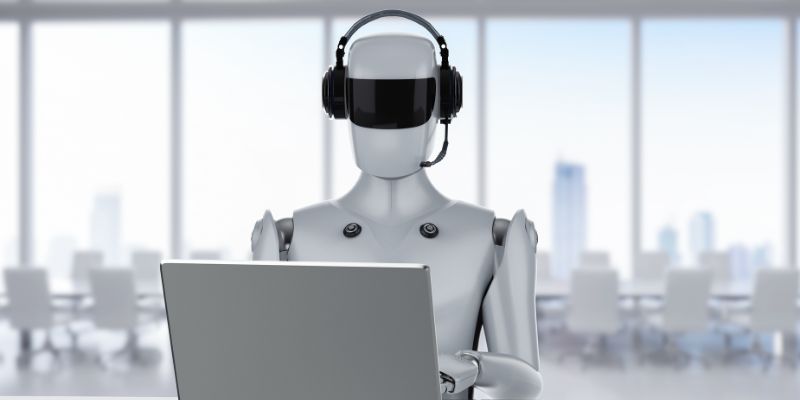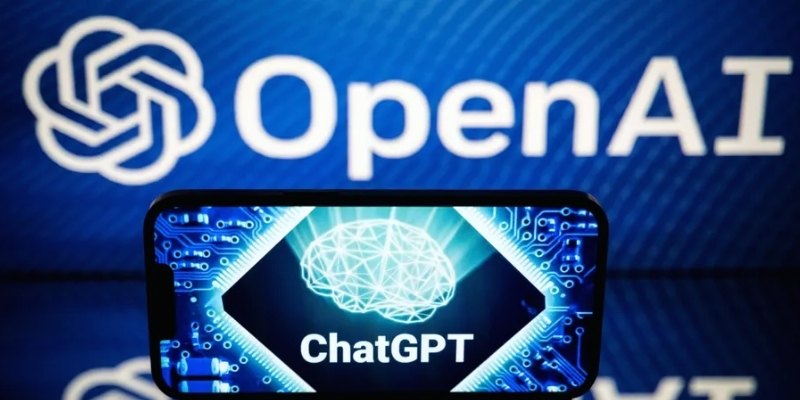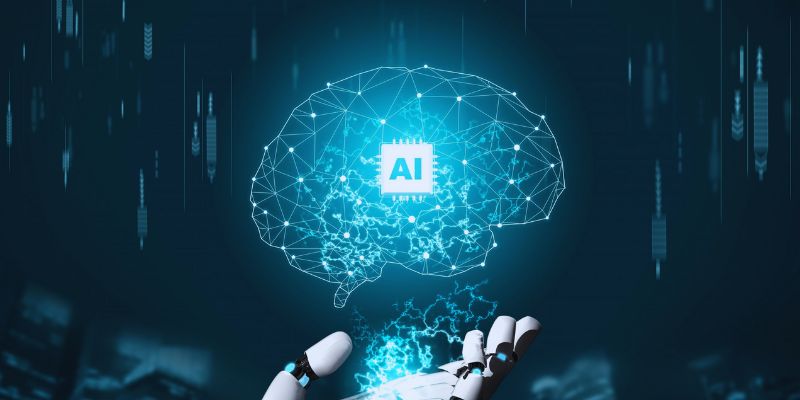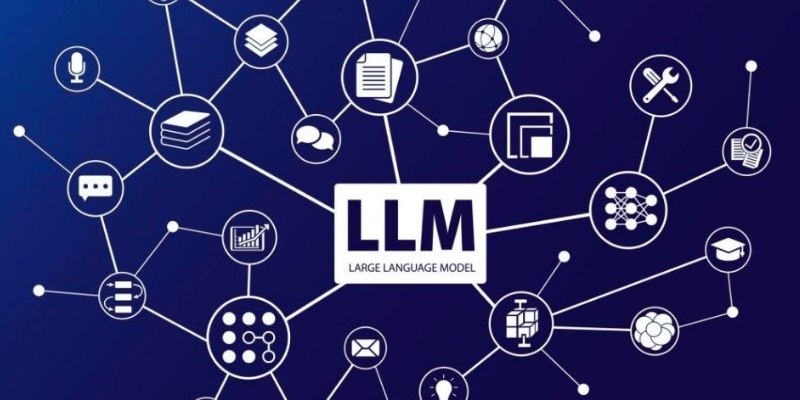Like oil-driven businesses in the past, data is the basis of the digital economy. Raw data is not very valuable unless it can be carefully refined, interpreted, and applied. Here is where generative artificial intelligence can help to convert data into innovative ideas, automation, and insightful analysis. Companies today use AI-driven models to improve consumer experiences, decision-making, and efficiency. The rapid development of AI-powered business intelligence is redefining sectors.
Companies that ignore artificial intelligence run the danger of lagging. Artificial intelligence helps businesses produce customized material, streamline processes, and maximize resource control. From health to banking, artificial intelligence is transforming every industry. This article investigates how generative artificial intelligence drives innovation, speeds up automation, and transforms companies.

The Role of Data in the Digital Economy
The base of contemporary companies is data. Every exchange, transaction, and online behavior creates useful data. Raw data, though, is useless without means for extracting insights. Data processing driven by AI helps companies examine trends and patterns and make decisions based on evidence. From consumer contacts, sales records, and market trends, companies amass enormous volumes of data. AI-driven tools convert this data into useful insights that enhance corporate strategies and increase effectiveness.
Analytics driven by artificial intelligence powers sectors including retail, healthcare, and finance. Retailers employ artificial intelligence to forecast consumer preferences; healthcare providers use artificial intelligence to diagnose diseases; banks use artificial intelligence to stop fraud. Companies that embrace AI-powered data processing keep ahead, streamline processes, and propel expansion in a cutthroat industry.
Generative AI: Turning Data into Actionable Insights
Beyond only analyzing past data, generative artificial intelligence generates fresh ideas, solutions, and content. Companies produce text, graphics, and software code using advanced AI-driven automation. Faster innovation and better problem-solving are therefore made possible. The potential of artificial intelligence to forecast future trends is among its main benefits. While AI-driven content creation improves marketing campaigns, AI-powered recommendation engines customize consumer experiences. Anticipating changes helps companies to maximize their operations.
AI-powered business intelligence influences many different sectors. Manufacturers maximize supply chains, financial companies automate risk evaluations, and healthcare providers employ artificial intelligence to identify diseases. AI enables companies to move from reactive approaches to proactive innovation. AI tools produce excellent visuals, music, and written materials in creative fields. Companies engage consumers successfully using AI-powered marketing solutions. Generative artificial intelligence is necessary for contemporary companies since it allows one to create rather than only process.
AI and Automation: Redefining Business Efficiency
Automation has developed past simple chores. Businesses simplify decision-making processes, lower expenses, and raise output using advanced AI-driven automation. Chatbots, predictive maintenance systems, and data-driven marketing efforts run under artificial intelligence today. Companies use artificial intelligence to create individualized marketing materials, track audience participation, and raise client retention. A deep understanding of consumer behavior made possible by artificial intelligence systems lets companies design more focused marketing. That raises brand loyalty and conversions.
Artificial intelligence-powered automation also changes consumer service. Virtual assistants driven by artificial intelligence answer questions, handle orders, and immediately address problems. That improves user experiences and lowers human work strain. Businesses adding advanced AI-driven automation boost customer satisfaction and efficiency. In industrial environments, artificial intelligence lowers downtime, forecasts equipment breakdowns, and streamlines manufacturing processes.
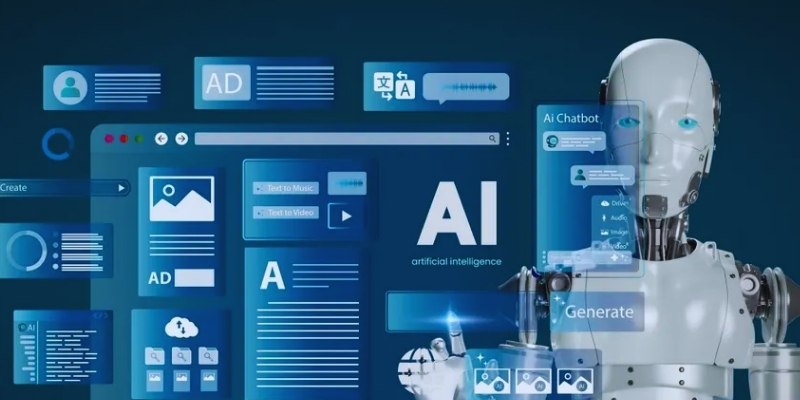
How AI Enhances Decision-Making and Strategy?
Wise selections are vital in business. AI-powered business intelligence makes real-time insights possible, allowing businesses to react rapidly to market developments. AI models process enormous volumes of data, find important trends, and produce precise project results. Risk analysis enabled by artificial intelligence allows financial organizations to identify fraud and evaluate investment prospects. Through transaction monitoring and alerting of suspicious activities, artificial intelligence improves security.
AI also improves strategic planning. Before implementing new business models, companies run simulations created by artificial intelligence. AI-driven forecasting systems analyze economic situations, guiding companies in wise financial decisions. Using artificial intelligence speeds up and increases accuracy in decision-making. Artificial intelligence-driven customer analytics enable businesses to grasp audience behavior better. AI forecasts purchase patterns, which lets companies hone their marketing initiatives.
AI in Personalization: Enhancing Customer Experiences
One of the main forces behind corporate success is the customer experience. Personalization driven by artificial intelligence improves user involvement using custom recommendations, offers, and services. Data analysis enabled by artificial intelligence helps businesses to grasp consumer preferences and provide unique experiences. Retailers use artificial intelligence and browsing behavior to suggest items. Streaming companies use AI to recommend pertinent content. Instant customer service and real-time problem solutions made possible by AI-powered chatbots help, too.
Through tailored advertising, artificial intelligence in e-commerce increases sales conversion. Sentiment research backed by artificial intelligence enables companies to better grasp consumer comments, hence guiding their marketing plans. Dynamic pricing driven by artificial intelligence changes product costs depending on demand and competitiveness. Personalized travel and hospitality also gain from artificial intelligence-powered adaptation. Based on consumer behavior, AI-driven booking systems suggest locations, hotels, and events.
The Future of AI and Its Role in Business Growth
The constant evolution of artificial intelligence shapes the corporate future. Business intelligence powered by artificial intelligence helps companies to acquire insights that stimulate profitability, efficiency, and creativity. Predicting market trends, improving operations, and raising customer involvement will all depend on artificial intelligence. Automation motivated by artificial intelligence will keep changing sectors. Companies in data management, fraud detection, and cybersecurity will use AI.
The ethics of artificial intelligence will grow in relevance. Businesses must concentrate on the open application of artificial intelligence to guarantee compliance, security, and fairness. The implementation of responsible artificial intelligence will decide a company's success. Organizations that prioritize ethical issues yet use AI-driven tactics will define the future. Companies that spend on AI-driven solutions will keep a competitive edge as generative artificial intelligence develops.
Conclusion:
Businesses are operating, innovating, and competing differently thanks to generative AI. It simplifies processes, turns unprocessable data into useful insights, and improves consumer interactions. Companies that embrace AI-powered data processing open fresh growth and efficiency-oriented prospects. AI-powered automation is no longer a luxury but a need for success. Industries using advanced AI-driven automation will witness improved security, faster development, and better decision-making. AI-driven innovation will reshape sectors, reinvent business models, and propel worldwide development. Those who adapt will lead; those who oppose might find it difficult to catch up.




